Services Us
- Home
- Services
How It Works
Planning a wedding involves a series of steps and decisions to bring together all the elements for a memorable celebration. Here’s a general overview of how a wedding typically works:
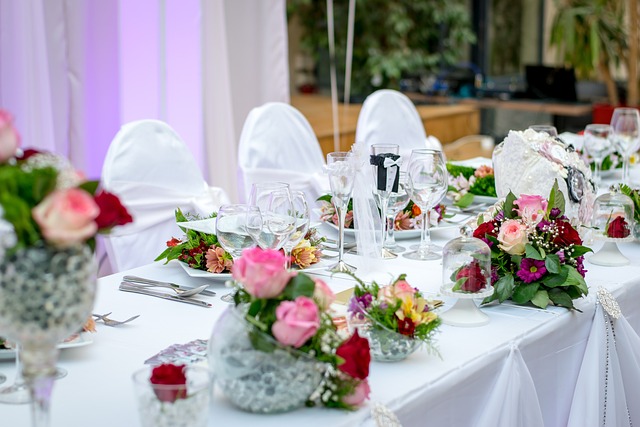
Vendors and Services
Research and hire essential wedding vendors, such as a photographer, videographer, caterer, florist, entertainment (DJ or live band), and wedding planner (if desired).
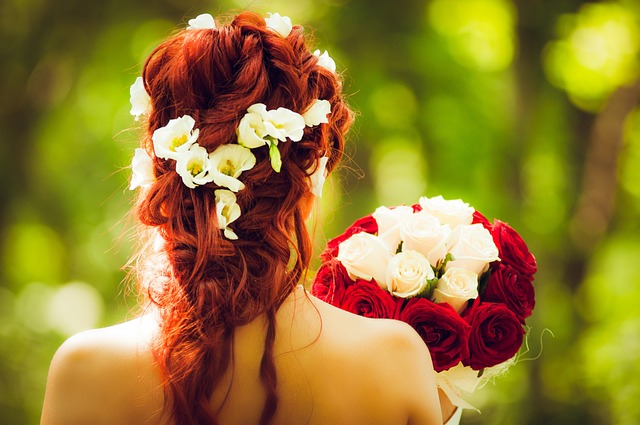
Wedding Theme and Style
Determine the wedding theme, color scheme, and overall style that reflects your personality and vision for the day. This will influence decor, attire, and other decisions.
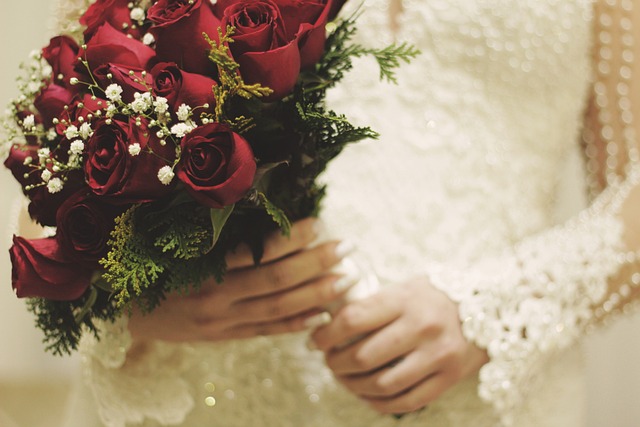
Attire and Bridal Party
Shop for and purchase wedding attire, including the bride's dress, groom's attire, bridesmaid dresses, and groomsmen attire. Don't forget accessories like shoes and jewelry.
Wedding Planning and Coordination
Wedding venues provide spaces for both ceremonies and receptions, often offering catering and event coordination services as part of their packages. Caterers prepare and serve food and beverages for the wedding, including the reception meal, appetizers, and drinks.
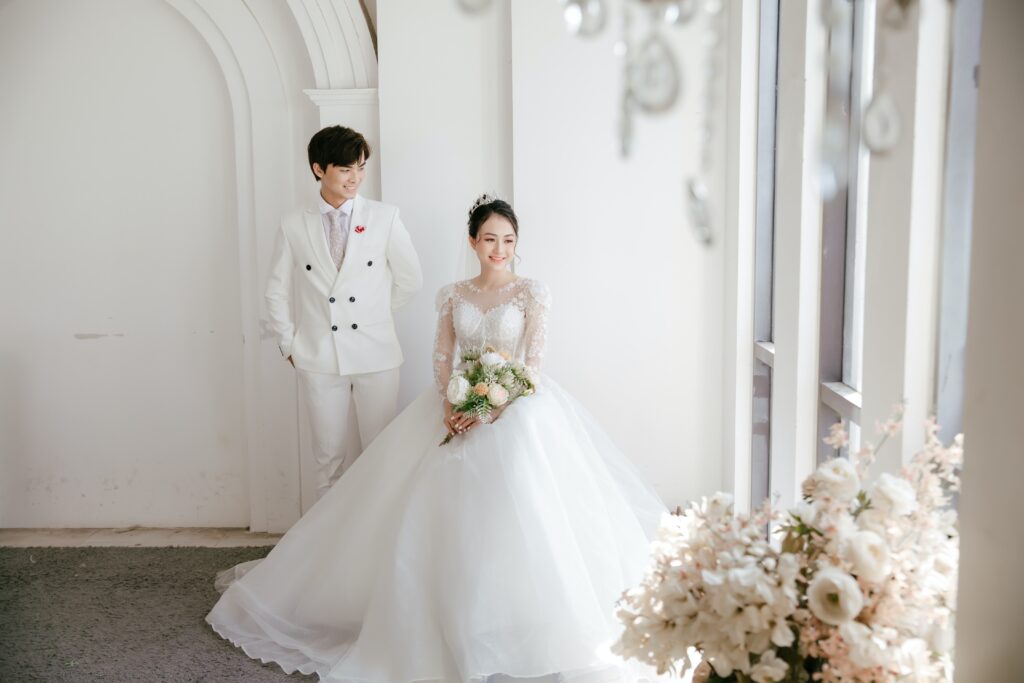
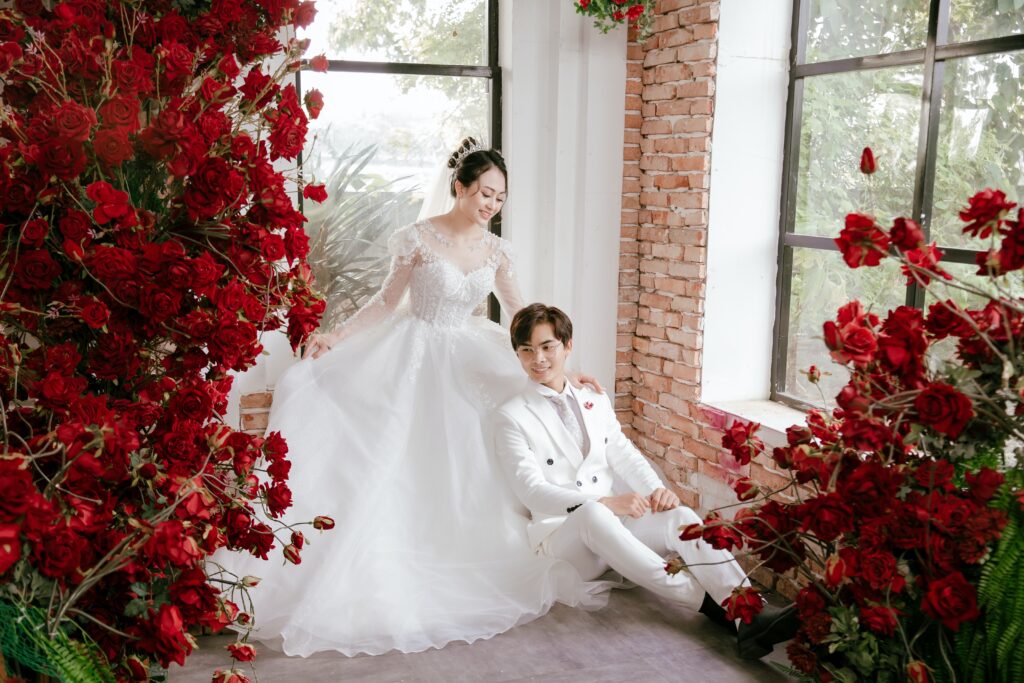
Wedding Planning and Coordination
Wedding venues provide spaces for both ceremonies and receptions, often offering catering and event coordination services as part of their packages. Caterers prepare and serve food and beverages for the wedding, including the reception meal, appetizers, and drinks.
FAQ
Certainly! Here are some frequently asked questions (FAQs)
related to planning a wedding for a bride (girl):
What is the importance of wedding flowers?
Wedding flowers play a crucial role in enhancing the overall aesthetic and ambiance of your wedding. They can set the tone, create a cohesive theme, and add a touch of beauty and elegance to your special day.
When should I start planning my wedding flowers?
It’s advisable to start planning your wedding flowers at least 6-12 months before your wedding date. This will give you ample time to find a florist, discuss your vision, and make necessary arrangements.
How do I choose a florist for my wedding?
Look for florists with experience in weddings and check their portfolios. Schedule consultations with a few florists to discuss your vision, budget, and preferences. Choose the one who aligns best with your style and budget.
What factors should I consider when selecting wedding flowers?
- Your wedding theme and color palette
- Seasonal availability of flowers
Your budget - Personal preferences and allergies
- Venue size and layout
What types of flowers are popular for weddings?
- Popular wedding flowers include roses, peonies, lilies, hydrangeas, orchids, and tulips.
- However, your choice of flowers should align with your wedding theme and season.
How can I save money on wedding flowers?
- Choose in-season flowers.
- Opt for locally sourced blooms.
- Use greenery and foliage to fill out arrangements.
- Limit extravagant floral designs.
- Consider using silk or artificial flowers for certain elements.
Enjoy your wedding day!
Wedding Flowers
Get ready, exchange vows, celebrate with your loved ones,
and create lasting memories.
and create lasting memories.
